U.S. President Donald Trump’s fight with elite American universities was only a few days old when federal immigration agents arrested Palestinian student activist Mahmoud Khalil at his Columbia University apartment building in New York in March.
Over the more than three months he was held at a jail for immigrants in rural Louisiana, the Trump administration escalated its battle. It arrested other foreign pro-Palestinian students and revoked billions of dollars in research grants to Columbia, Harvard and other private schools whose campuses were roiled by the pro-Palestinian student protest movement, in which Khalil was a prominent figure.
“I absolutely don’t regret standing up against a genocide,” Khalil, 30, said in an interview at his Manhattan apartment, less than two weeks after U.S. District Judge Michael Farbiarz ordered him released on bail while he challenges the effort to revoke his lawful U.S. permanent residency green card and deport him.
“I don’t regret standing up for what’s right, which is opposing war, which is calling for the end of violence.”
He believes the government is trying to silence him, but has instead given him a bigger platform. Returning to New York after his release, Khalil was welcomed at the airport by U.S. Rep. Alexandria Ocasio-Cortez, a political foe of Trump; supporters waved Palestinian flags as he reunited with his wife and infant son, whose birth he missed in jail.
Two days later, he was the star of a rally on the steps of a cathedral near Columbia’s Manhattan campus, castigating the university’s leaders. Last week, he appeared before cheering crowds alongside Zohran Mamdani, the pro-Palestinian state lawmaker who won June’s Democratic primary ahead of New York City’s 2025 mayoral election.
“I did not choose to be in this position: ICE did,” Khalil said, referring to the U.S. Immigration and Customs Enforcement agents who arrested him. “And this, of course, had a great impact on my life. I’m still honestly trying to contemplate my new reality.”
He missed his May graduation ceremony and emerged from jail unemployed. An international charity withdrew its offer of a job as a policy adviser, he said. The government could win its appeal and jail him again, so Khalil said his priority is spending as much time as possible with his son and wife, a dentist.
Khalil was born in a Palestinian refugee camp in Syria; his wife, Dr. Noor Abdalla, is a U.S. citizen and he became a lawful permanent resident last year. Moving to New York in 2022 as a graduate student, he became one of the main student negotiators between Columbia’s administration and the protesters, who set up tent encampments on a campus lawn as they demanded that Columbia end investments of its $14 billion endowment in weapons makers and other companies supporting Israel’s military.
Khalil is not charged with any crime, but the U.S. government has invoked an obscure immigration statute to argue that Khalil and several other international pro-Palestinian students must be deported because their “otherwise lawful” speech could harm U.S. foreign policy interests. The federal judge overseeing the case has ruled that the Trump administration’s main rationale for deporting Khalil is likely an unconstitutional violation of free-speech rights. The government is appealing.
When Harvard University dug in its heels against threats from U.S. President Donald Trump, his administration doubled down with a laundry list of demands, including access to private student records and changes to who can even attend the school. Andrew Chang breaks down Trump’s targeted attacks against the nation’s oldest university and what this battle means for the partnership between government and higher education.
“This is not about ‘free speech,'” Abigail Jackson, a White House spokesperson, wrote in response to queries. “This is about individuals who don’t have a right to be in the United States siding with Hamas terrorists and organizing group protests that made college campuses unsafe and harassed Jewish students.”
Urges universities to heed their students
Khalil condemned antisemitism and called Jewish students an “integral part” of the protest movement. He said the government was using antisemitism as a pretext to reshape American higher education, which Trump, a Republican, has said is captured by anti-American, Marxist and “radical left” ideologies.
The Trump administration has told Columbia and other universities that federal grant money, mostly for biomedical research, will not be restored unless the government has greater oversight of who they admit and hire and what they teach, calling for greater “intellectual diversity.”
Unlike Harvard, Columbia has not challenged the legality of the government’s sudden grant revocations, and agreed to at least some of the Trump administration’s demands to tighten rules around protests as a precondition of negotiations over resuming funding.
Khalil called Columbia’s response heartbreaking. “Columbia basically gave the institution to the Trump administration, let the administration intervene in every single detail on how higher education institutions should be run,” he said.
Columbia’s administration has said preserving the university’s academic autonomy is a “red line” as negotiations continue.
Columbia spokesperson Virginia Lam Abrams said university leaders “strongly dispute” Khalil’s characterization.
“Columbia University recognizes the right for students, including Mr. Khalil, to speak out on issues that they deeply believe in,” she said in a statement. “But it is also critical for the university to uphold its rules and policies to ensure that every member of our community can participate in a campus community free from discrimination and harassment.”
Khalil urged Columbia and other universities targeted by Trump to heed their students.
“The students presented a clear plan on how this campus can follow human rights, can follow international law, can be inclusive to all students, where everyone feels equal regardless of where they stand on issues,” he said. “They prefer to capitulate to political pressure rather than listening to the students.”
freed-columbia-university-activist-mahmoud-khalil-seizes-new-public-platform-amid-efforts-to-deport-him


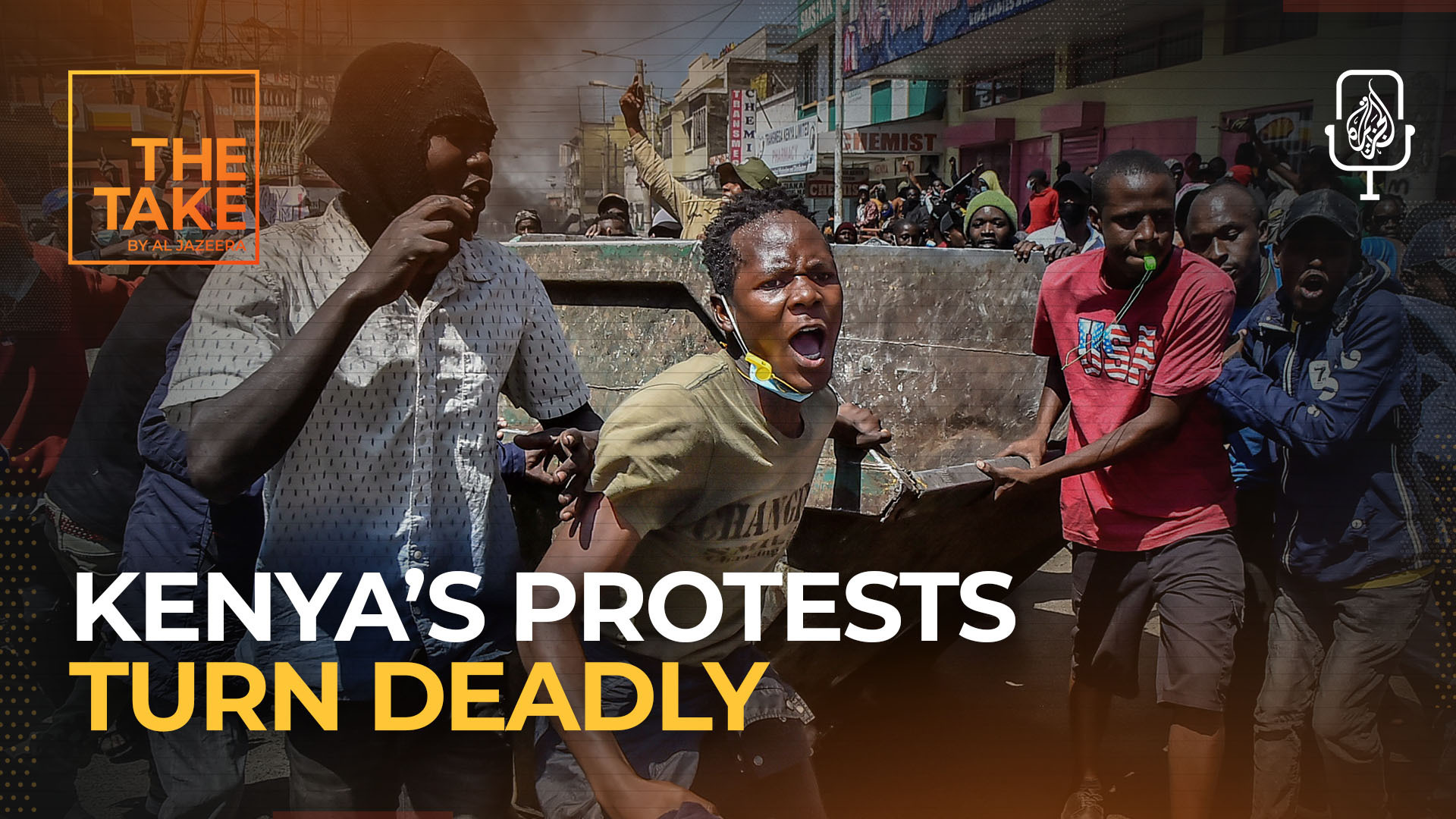
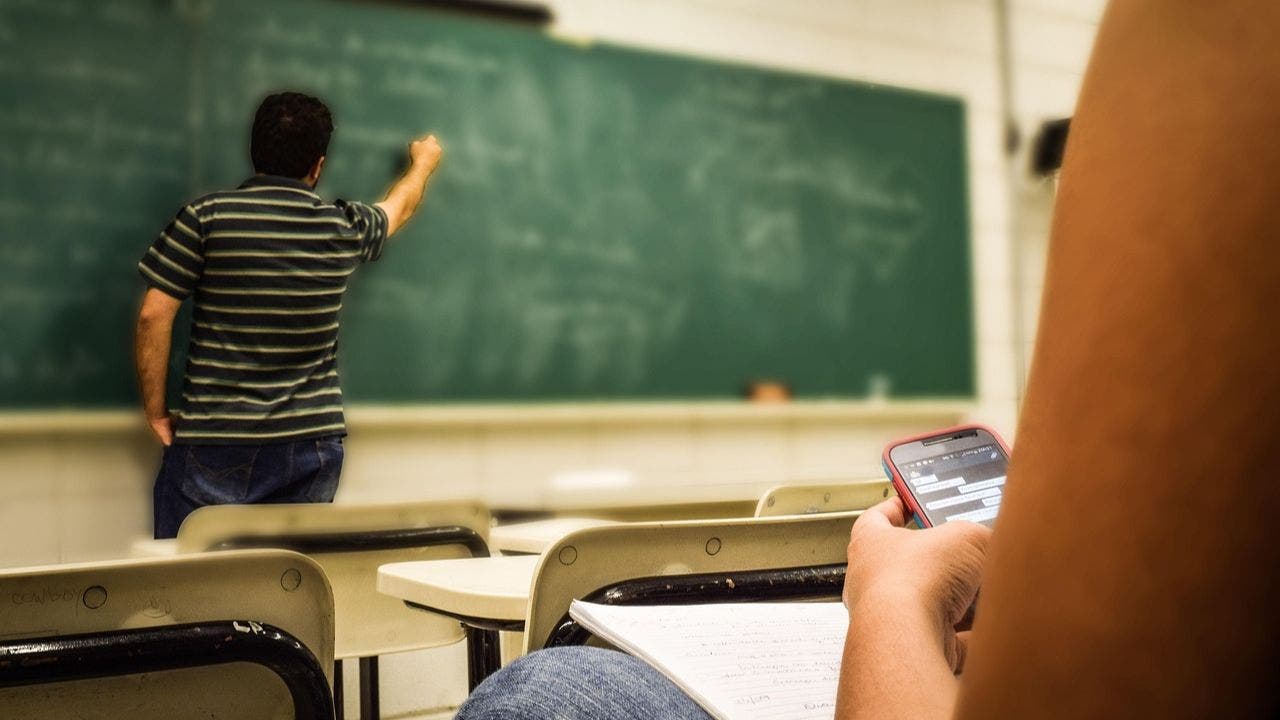
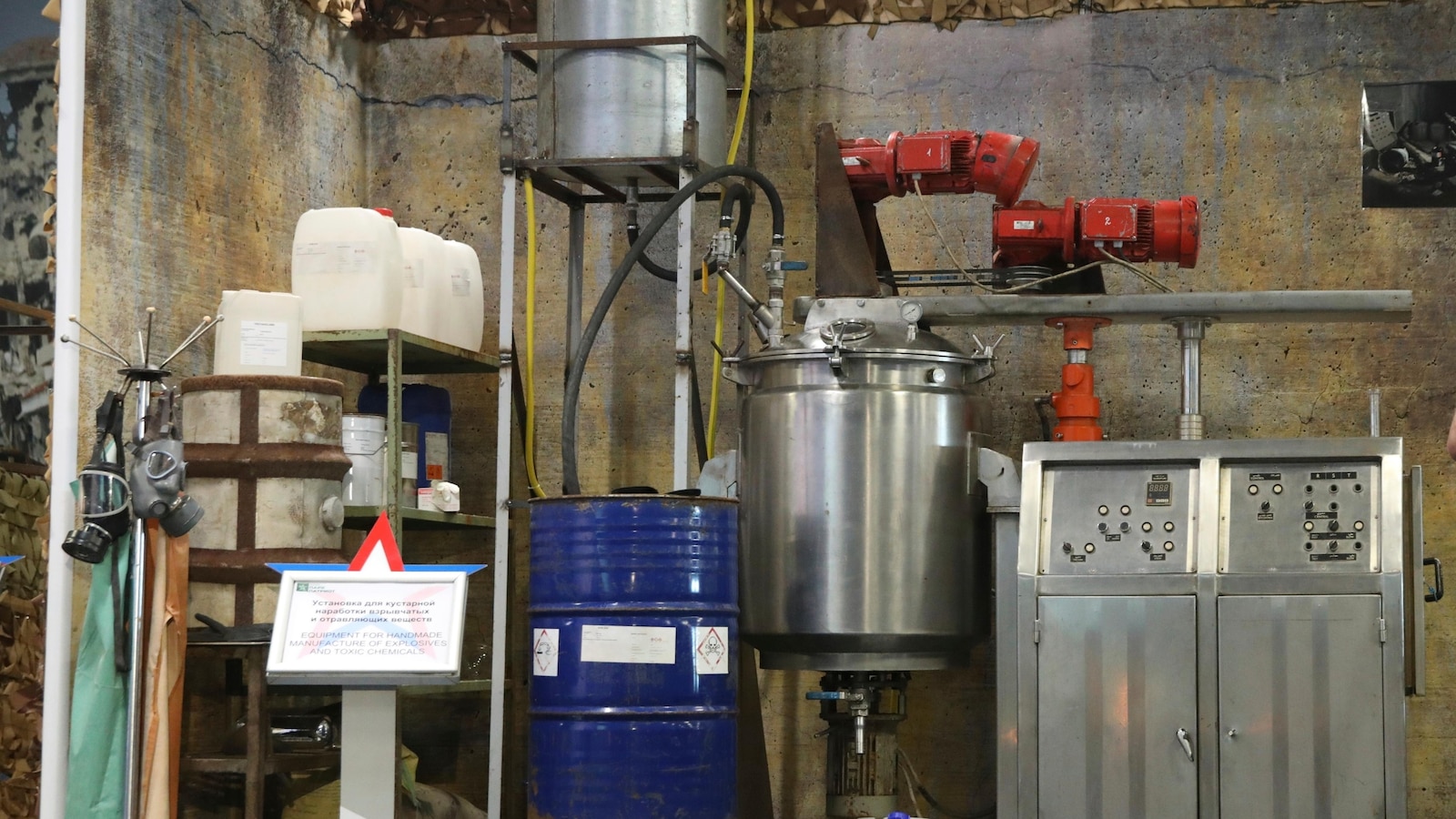
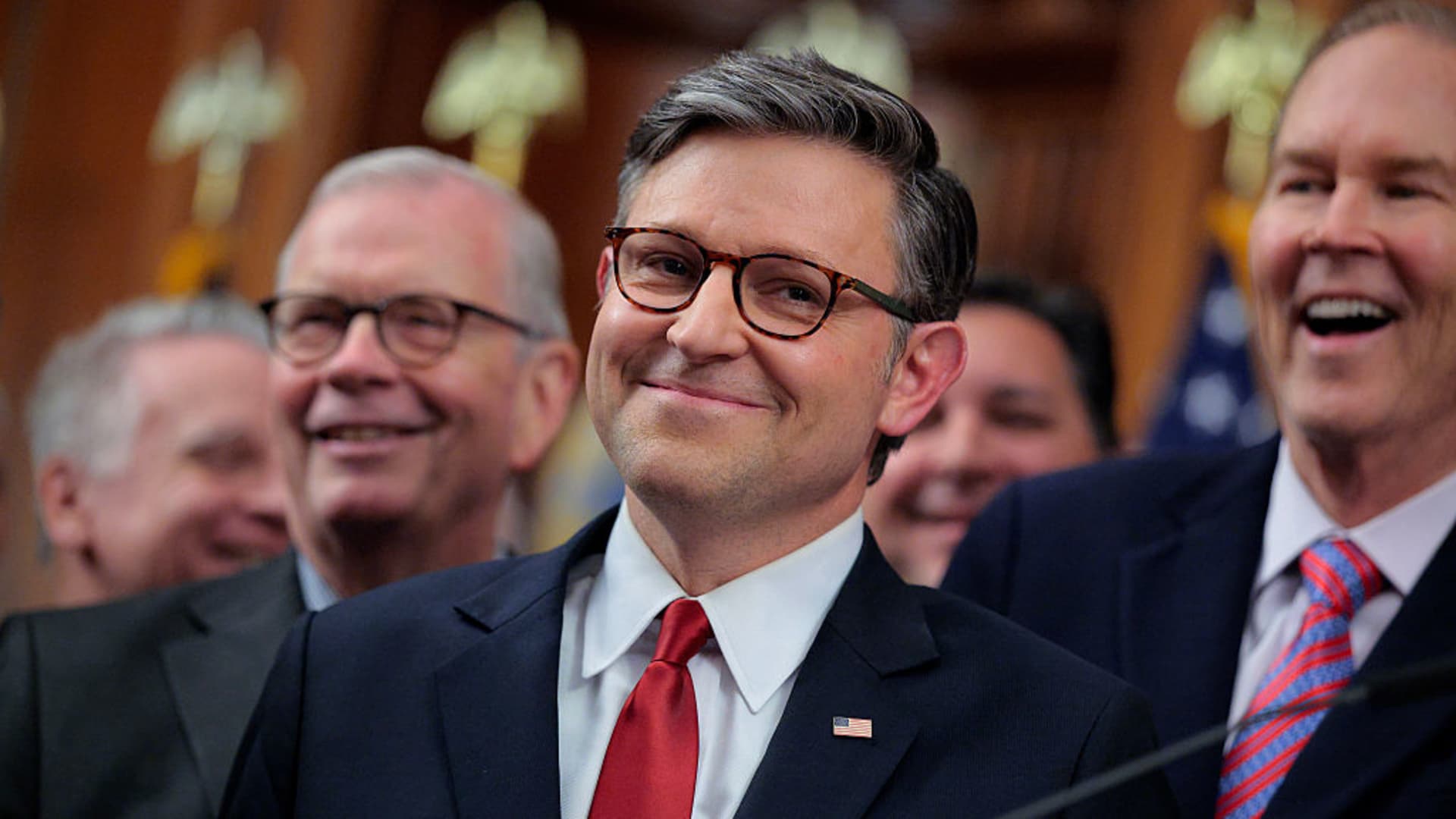
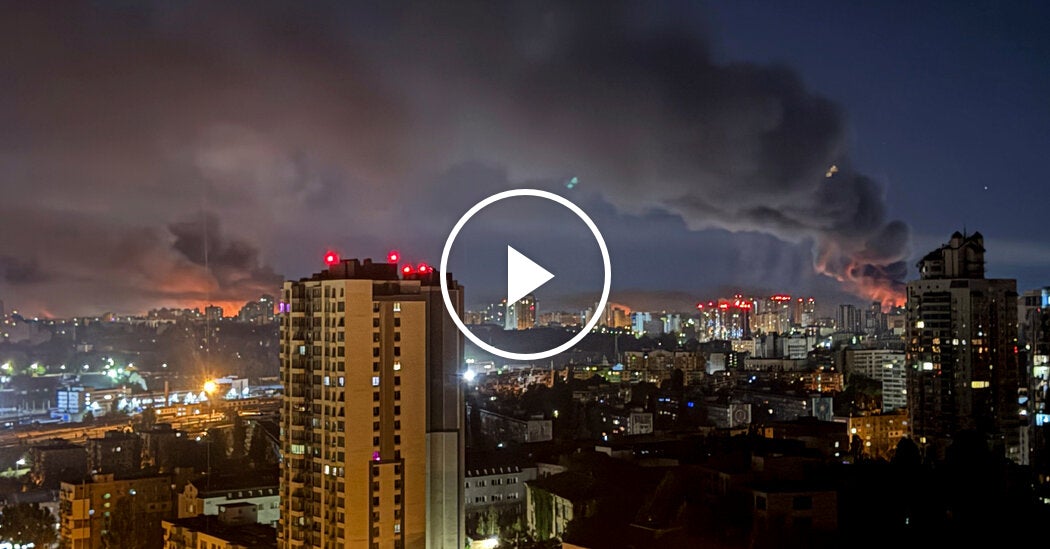
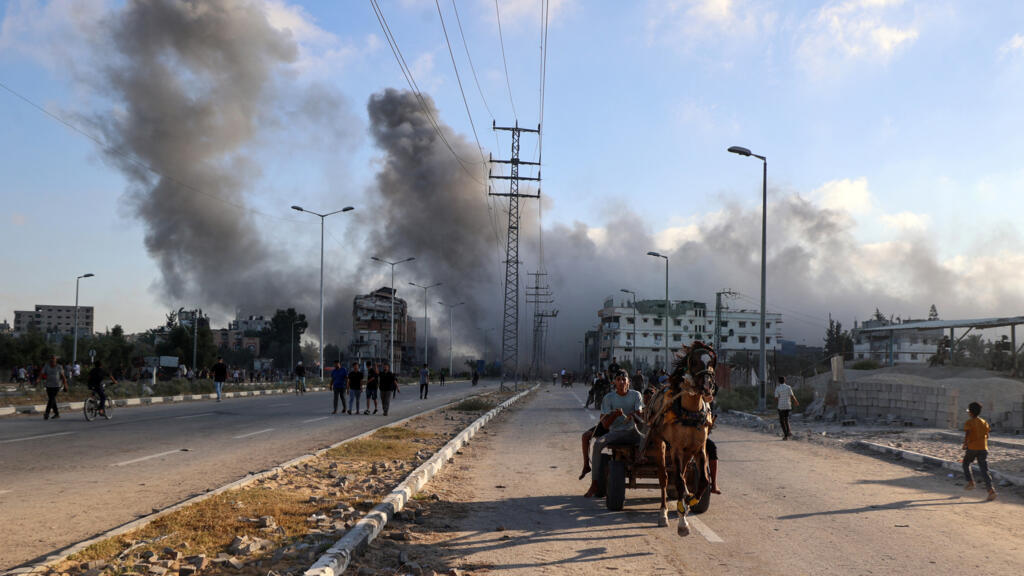
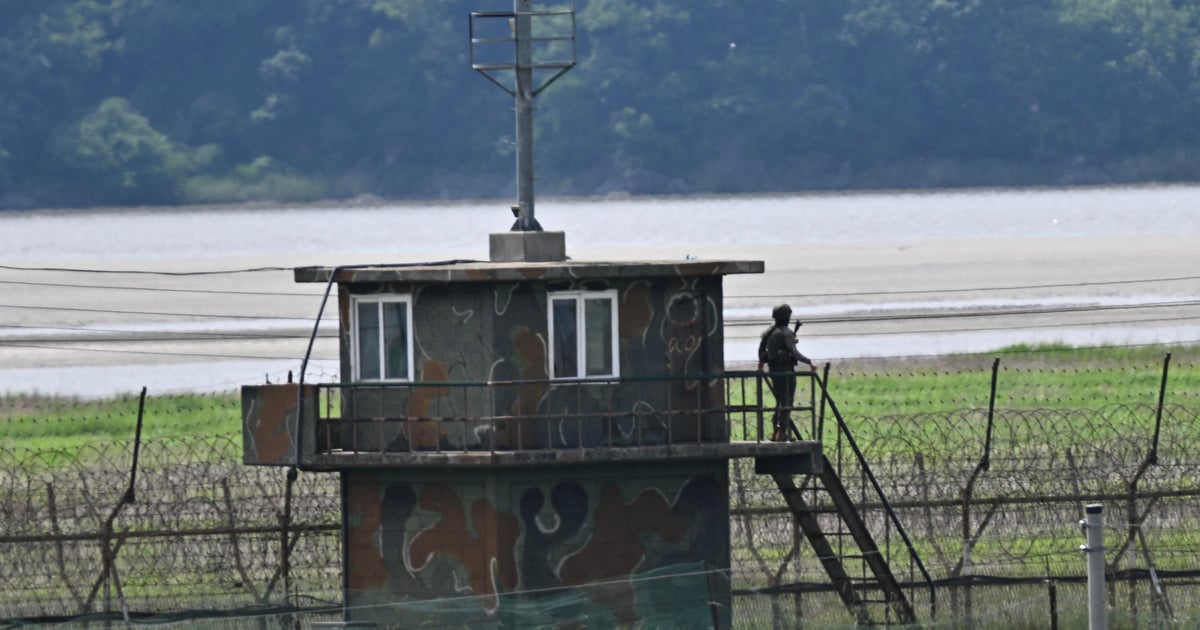
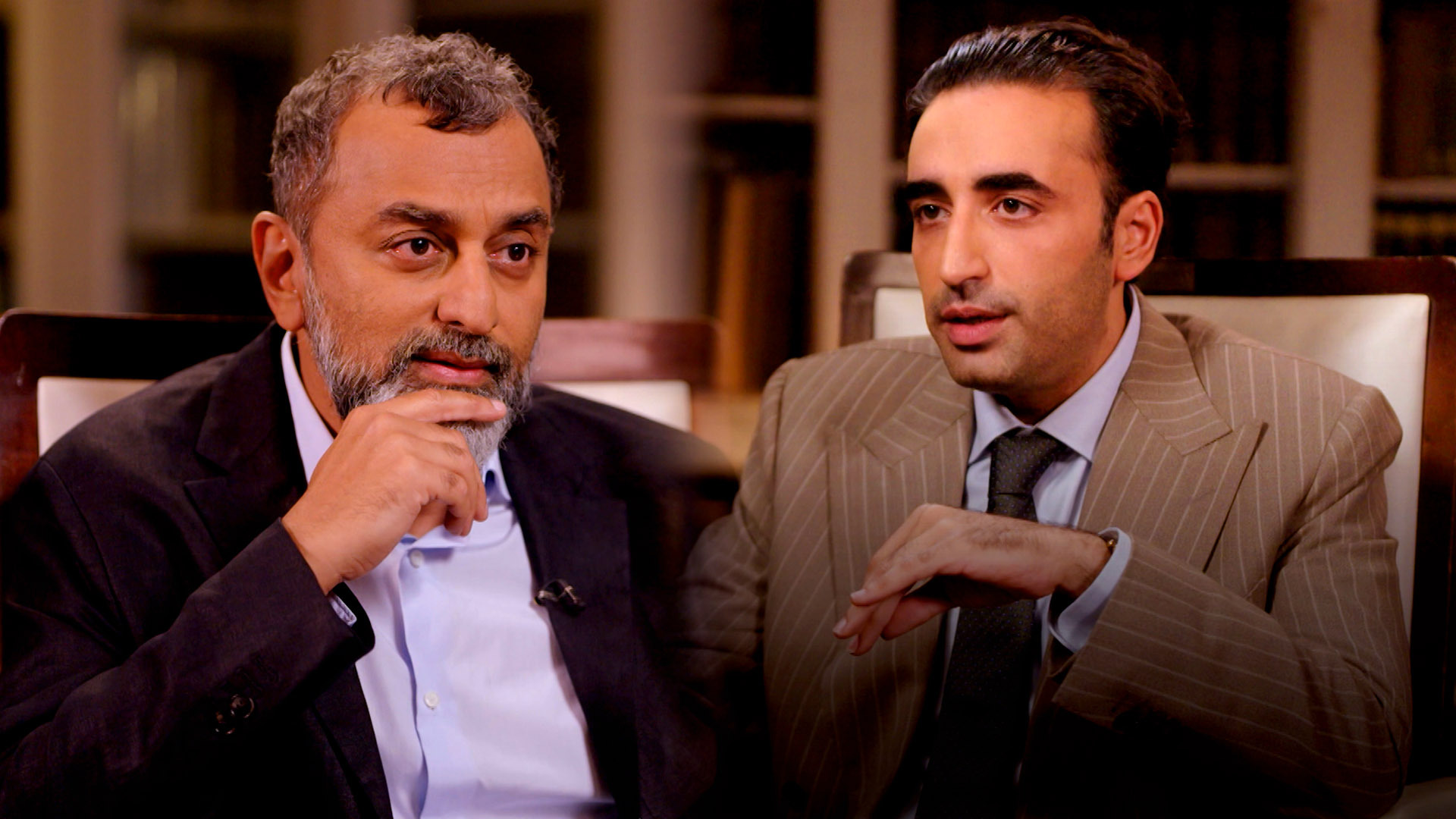
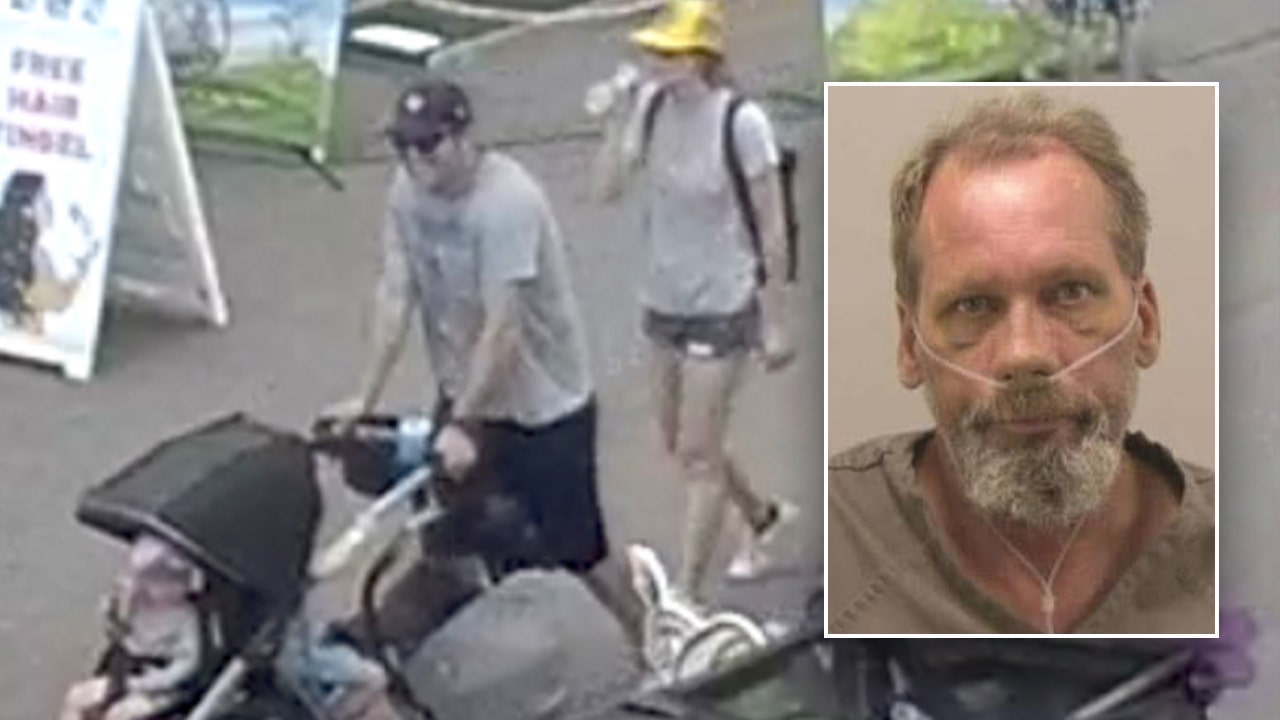
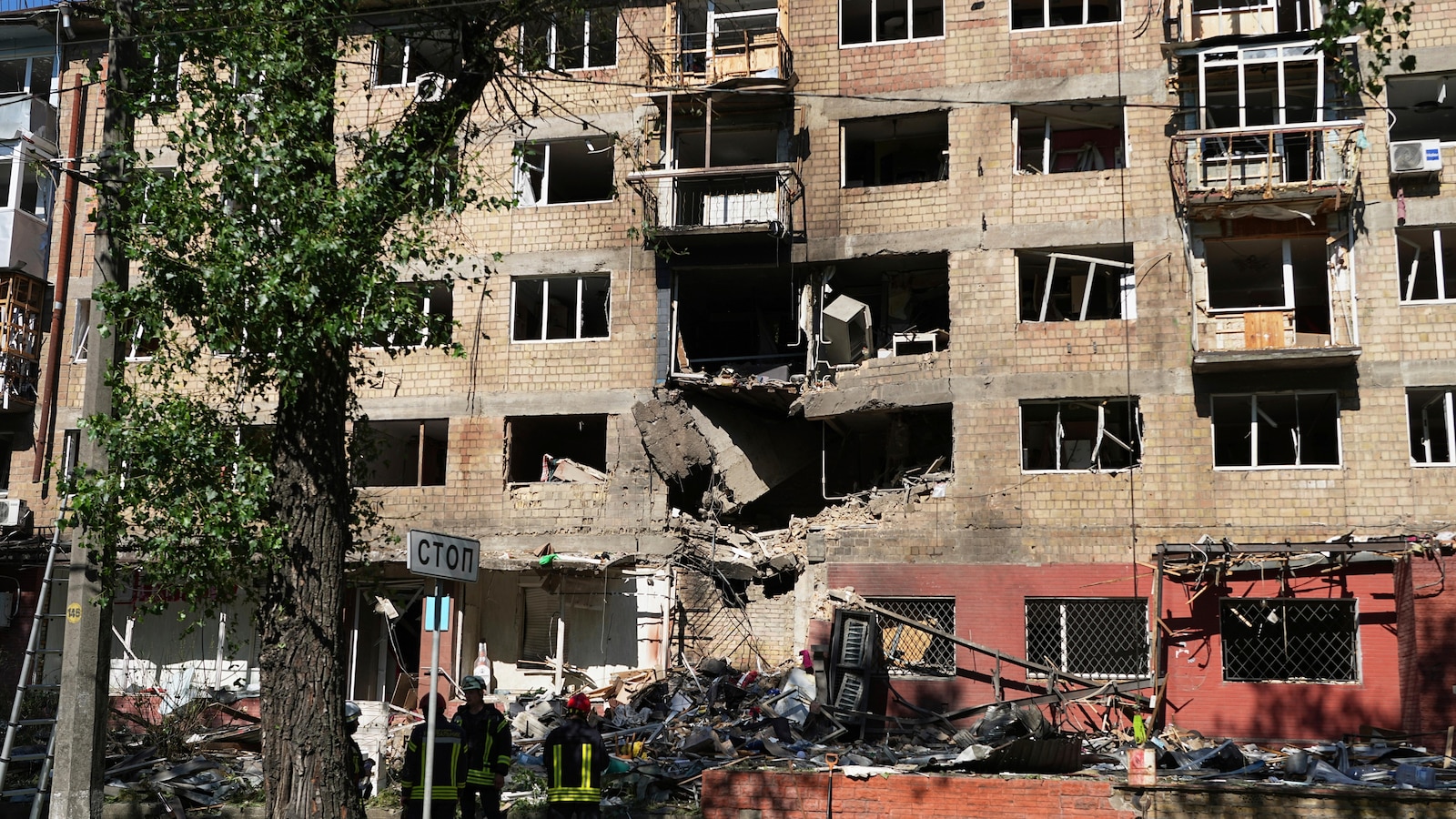
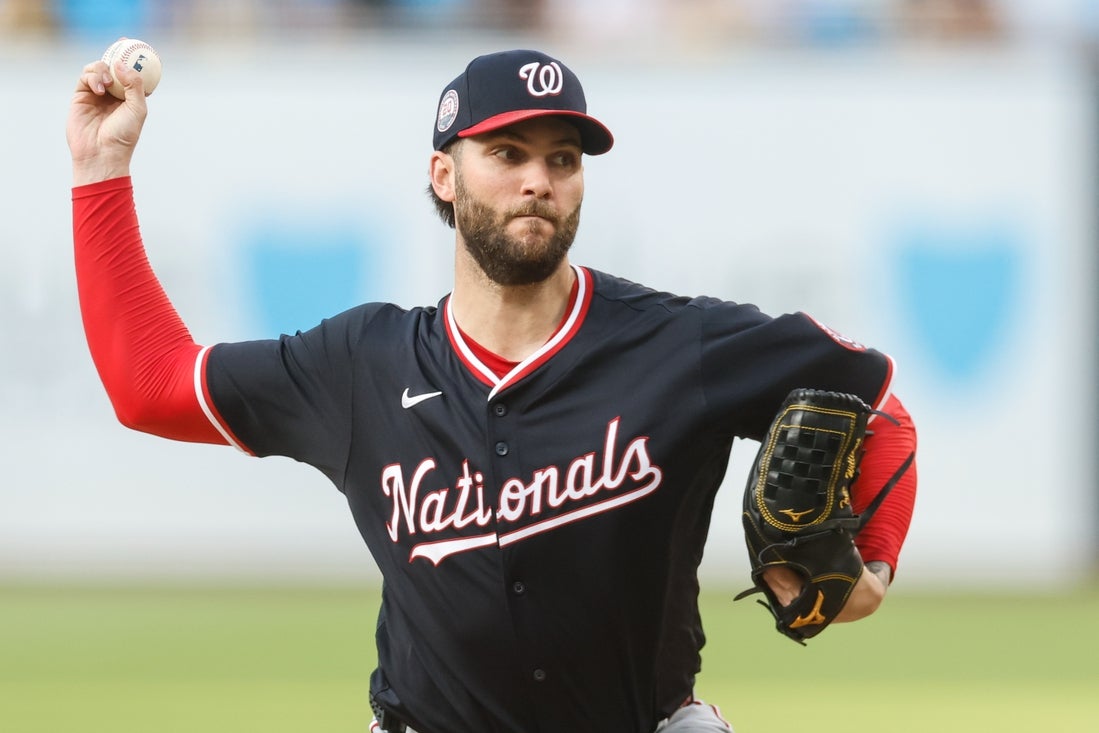


Leave a Reply